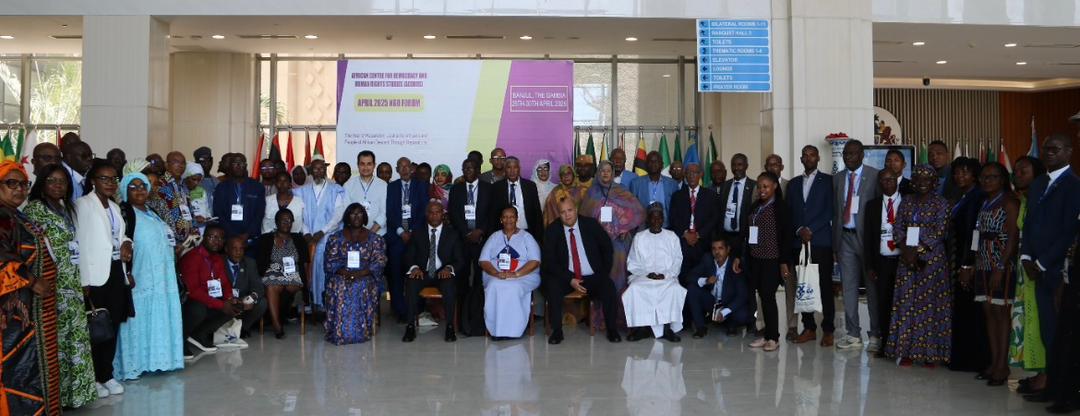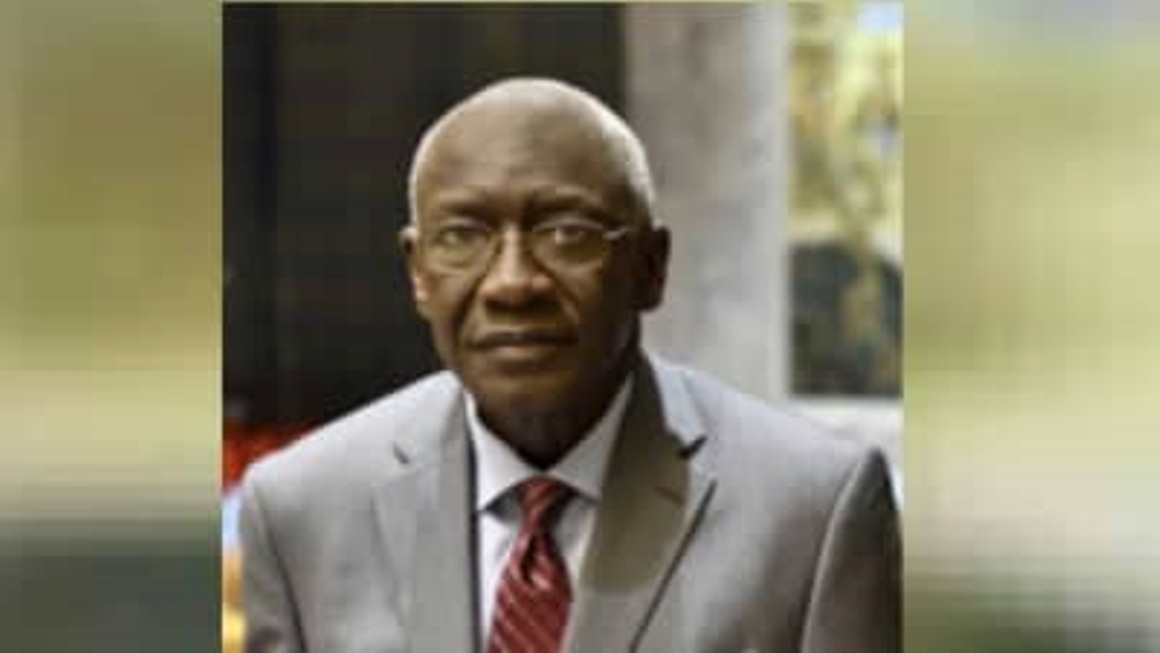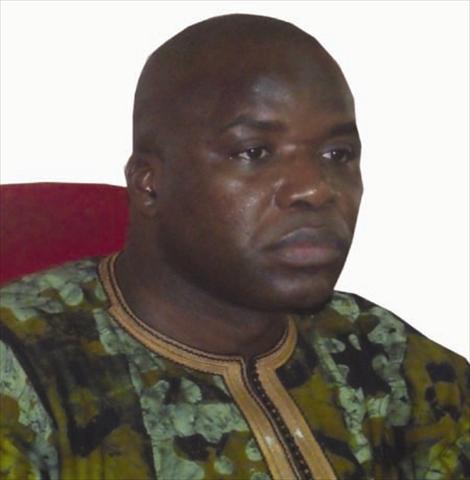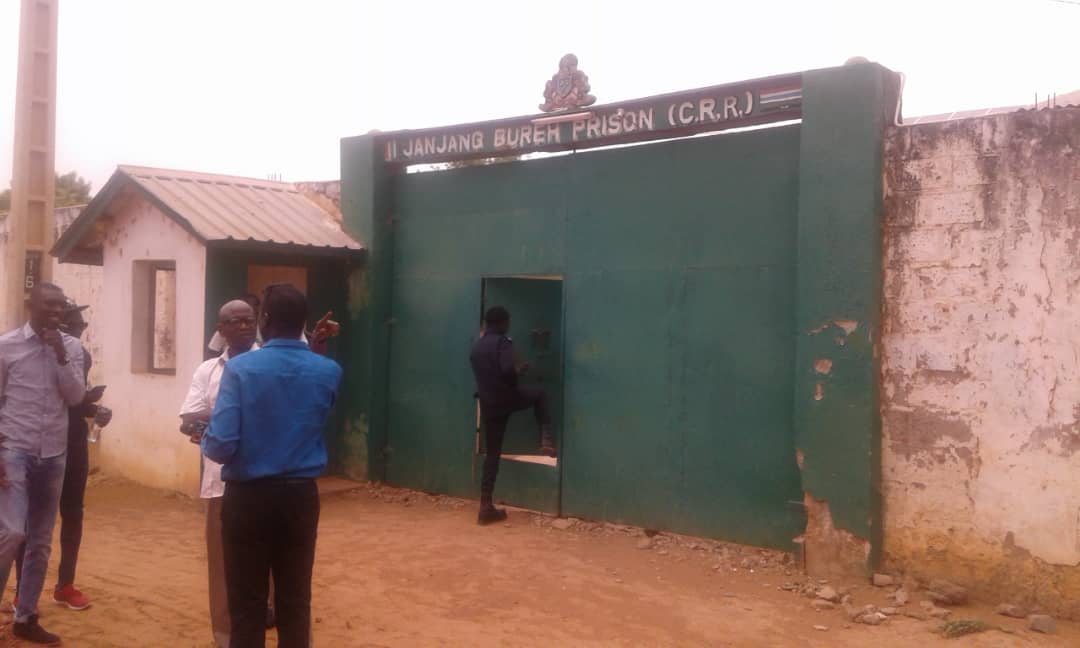By: Binta Jaiteh
The Forum on the Participation of NGOs in the 83rd Ordinary Session of the African Commission on Human and Peoples’ Rights recommended reparative justice across Africa.
The three-day event, organized by the African Centre for Democracy and Human Rights Studies (ACDHRS), held under the theme “Justice Through Reparations for Africans and People in the Diaspora,” brought together human rights defenders, civil society actors, and international stakeholders in a powerful call for justice, dignity, and redress.
The forum created a critical space for reflection, strategy, and solidarity among participants from across Africa and the diaspora. Issues discussed ranged from historical injustices stemming from colonialism and slavery to ongoing human rights violations, repression of civil society, and the struggles of migrants and marginalized communities.
Mrs. Hannah Forster, executive director of ACDHRS, emphasized that reparations must go beyond financial compensation.
“We must ask ourselves whether the dignity of a person truly be measured in financial terms. Reparations must reflect restoration of dignity, justice, and truth,” she stated.
She reiterated the forum’s commitment to shaping strategies that guide African states towards meaningful justice.
The Vice Chairperson of the ACDHRS Governing Council, Prof. Mohamed Mabassa Fall, expressed appreciation for Gambia’s consistent support.
Speaking on behalf of the chairperson, Justice Solome Bossa highlighted the role of the forum in elevating diverse voices, including those of survivors of human rights violations.
“This forum is defined not by numbers, but by the strength of its ideas and its impact,” he stated.
Naji Moulay Lahsen of the NGO Forum Steering Committee lamented the shrinking civic space and rising threats to freedom of expression, particularly through the misuse of anti-terrorism laws. “The deterioration of human rights on the continent is alarming, and we must act collectively to resist this tide,” he urged.
Participants reaffirmed their support for organizations such as REDHAC, which continue to face political and financial repression.
As the forum closed, participants adopted key recommendations and presented them at the 83rd Ordinary Session of the African Commission on Human and Peoples’ Rights. These proposals aim to guide African states, institutions, and partners in advancing reparatory justice rooted in dignity, recognition, and reform.





